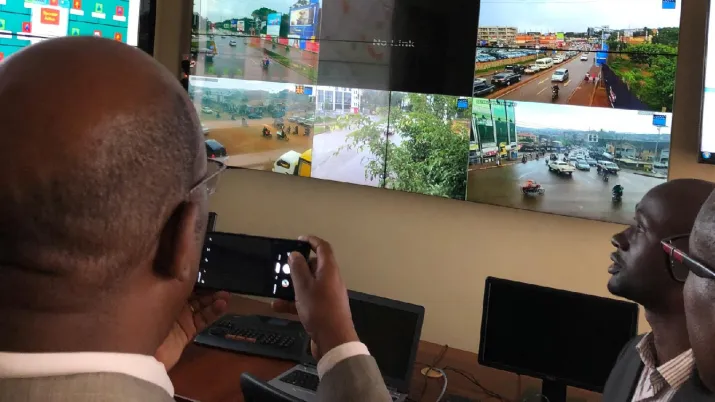Share the page
Mauritania
Published on
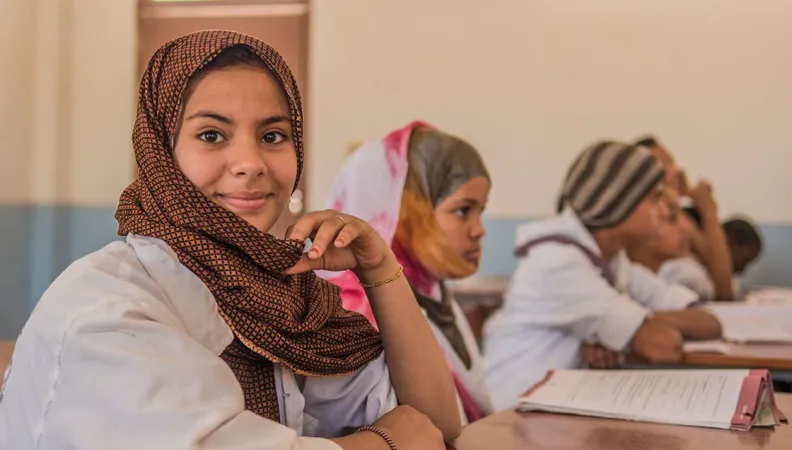
AFD Group has been working with Mauritania for more than 40 years. The country, which straddles the Maghreb and sub-Saharan Africa, possesses significant extractive and fishing resources. Along with the partners of the Sahel Alliance, we are supporting the government in achieving its priorities in social cohesion, access to essential services, and shared growth.
Context
Mauritania is a multi-ethnic country whose culture is at the crossroads of those of the Maghreb and sub-Saharan Africa. There are great disparities in wealth and social status among its population. Despite a relatively low population growth rate, the country remains classified as one of the world’s Least Developed Countries (LDCs) and must find a balance in its development.
Commodity prices of the minerals mined in the country are falling. For this reason, it must shift to a more sustainable development model that creates jobs and shares wealth better.
AFD has been present in Mauritania since 1978 and is an important partner not only for local and national authorities, but also for private stakeholders in the country.
The AFD Mauritania country office is attached to the Greater Sahel Regional Office.
Our approach
"AFD and Mauritania: bolstering access to basic services and supporting education"
As leader in the education sector and as coordinating agency of the Global Partnership for Education (GPE), AFD Group is a key partner of the Mauritanian government in the education, training, and job-market-integration continuum.
For example, AFD has been supporting Phase 2 of Mauritania’s National Program for Education Sector Development (PNDSE II), since 2018, in continuation of previous support initiated in 2011. The education component of PNDSE II seeks to improve the quality of basic education and access to secondary education, especially for girls. Its component on professional integration and employment of young people helps to expand the vocational training offer by creating training programs for sectors enjoying a booming labor demand.
AFD has been working to support maternal and child health since 2008. In conjunction with the World Bank, AFD Group provides support for the social protection system.
A major challenge for Mauritania is how to achieve balanced and sustainable development. On this issue, AFD helps guide the government in the areas of decentralization and local and rural development. Some of our activities are working to develop the supply of basic services and to promote sustainable economic development locally:
- The program to boost local economic development and initiatives in the Gorgol, Assaba, and Guidimakha regions since 2019 (Declic), as well as in Hodh Ech Chargui and Hodh El Gharbi since 2020 (Declic 2 Hodhs).
- Projects to improve food security by reintroducing irrigation (Asarigg) in the Gorgol and Guidimakha regions. The goal is to help to prevent conflicts related to access to and management of natural resources.
- Because access to water is a vital service, AFD supports the development of drinking water and sanitation infrastructure, particularly in the two Hodhs. As the lead Sahel Alliance donor in Mauritania, AFD is deploying an integrated territorial approach (ITA): a multi-sectoral and multi-stakeholder approach implemented by the members of the Sahel Alliance in Hodh Ech Chargui.
Mauritania has significant and diversified potential in renewable electricity production. AFD, along with the European Union, participated in financing the construction of the Kiffa thermal-photovoltaic hybrid power plant. AFD and the EU then joined up with the World Bank and the African Development Bank on a new project: rural electrification in the southeast of the country via mini-grids, which are mainly solar and will be managed as a delegated public service.
To promote employment, AFD supports “My Project-My Future.” This financing and support scheme targets young Mauritanian entrepreneurs, with a particular focus on women’s entrepreneurship.
Meanwhile, Proparco supports the banking sector through guarantees to develop credit for SMEs in Mauritania and to support the financing of projects to structure the country’s economy.
Along with Expertise France, AFD Group also provides support to the Ministry of the Economy department in charge of public-private partnerships.
Following up on a project to support democracy and social cohesion, AFD is renewing its support for the justice sector. This project will help create a training institute for legal professionals and lawyers. To strengthen local justice, it will promote mediation and dispute-resolution processes via the Mouslihs, who act as conciliators for the Ministry of Justice.
AFD supports capacity building for public authorities at all levels, to give them the means to better monitor project implementation in their jurisdiction. As the lead Sahel Alliance donor in Mauritania, AFD is deploying an integrated territorial approach (ITA): a multi-sectoral and multi-stakeholder approach implemented by the authorities of Hodh Ech Chargui, in the east of the country, with support from Sahel Alliance members.
AFD Group, in particular via Expertise France, provides technical assistance to strengthen stakeholder capacities in the health, governance, and justice sectors. Expertise France provides support to the G5 Sahel Joint Force.
AFD also supports the initiatives of Mauritanian civil society stakeholders to promote food security, water, and sanitation, as well as in their efforts to back up civil society.
In the field
Below, find the country's projects, news, publications, and contact details in one click.
Projects
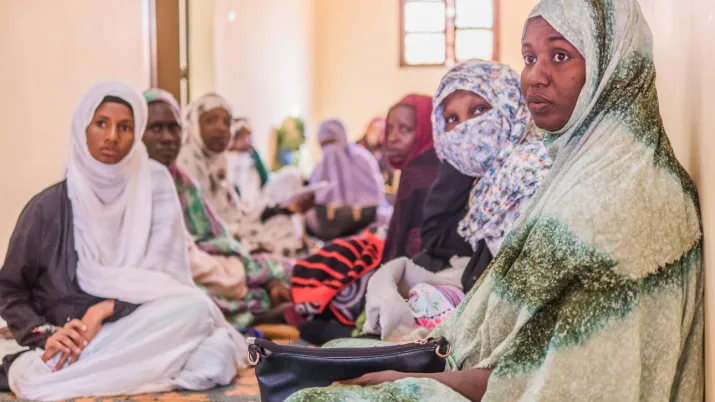
News & Press Releases
Mauritania: “Quality maternal health requires blood transfusion capability”
Published on may 28 2025
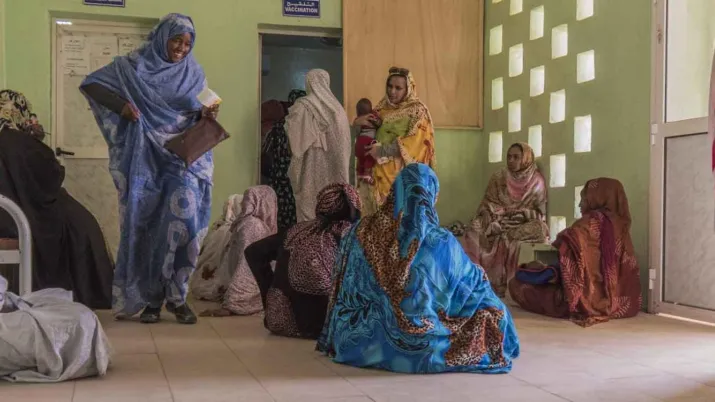
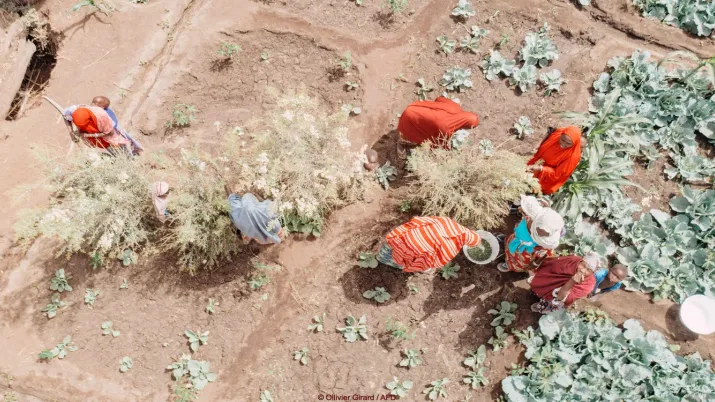

Publications & Media
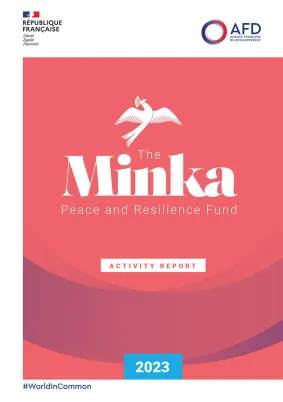
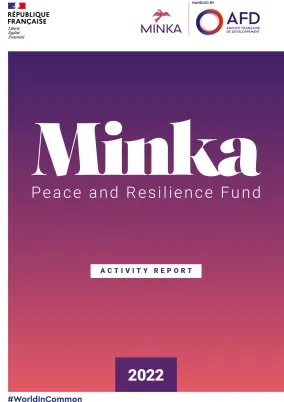
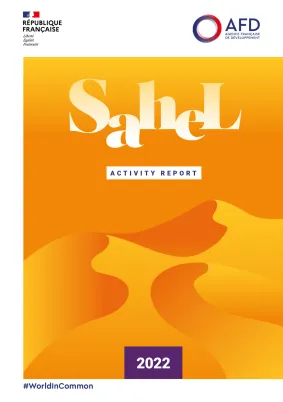

Key figures
-
350 million euros committed over 10 years
-
21 projects implemented in 2022
-
300,000 people with access to improved hygiene conditions

